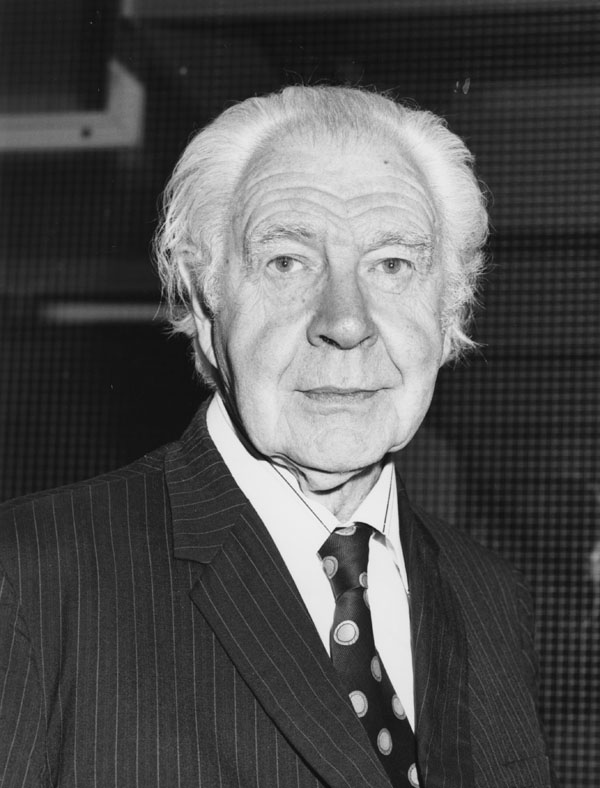"Conditions of Recovery," ch. 8 of The Great Depression https://mises.org/library/great-depression-0 (Freeport, N. Y.: Books for Libraries Press, 1971; orig. 1934), pp. 193–194.
Contexte: It has been the object…to show that if recovery is to be maintained and future progress assured, there must be a more or less complete reversal of contemporary tendencies of governmental regulation of enterprise. The aim of governmental policy in regard to industry must be to create a field in which the forces of enterprise and the disposal of resources are once more allowed to be governed by the market.But what is this but the restoration of capitalism? And is not the restoration of capitalism the restoration of the causes of depression?If the analysis of this essay is correct, the answer is unequivocal. The conditions of recovery which have been stated do indeed involve the restoration of what has been called capitalism. But the slump was not due to these conditions. On the contrary, it was due to their negation. It was due to monetary mismanagement and State intervention operating in a milieu in which the essential strength of capitalism had already been sapped by war and by policy. Ever since the outbreak of war in 1914, the whole tendency of policy has been away from that system, which in spite of the persistence of feudal obstacles and the unprecedented multiplication of the people, produced that enormous increase of wealth per head…. Whether that increase will be resumed, or whether, after perhaps some recovery, we shall be plunged anew into depression and the chaos of planning and restrictionism—that is the issue which depends on our willingness to reverse this tendency.
Lionel Robbins: Citations en anglais
An Essay on the nature and significance of Economic Science (1932), Chapter I: The Subject Matter of Economics
Contexte: The economist studies the disposal of scarce means. He is interested in the way different degrees of scarcity of different goods give rise to different ratios of valuation between them, and he is interested in the way in which changes in conditions of scarcity, whether coming from changes in ends or changes in means—from the demand side or the supply side—affect these ratios. Economics is a science which studies human behavior as a relationship between ends and scarce means which have alternative uses.
Autobiography of an Economist (1971), p. 154.
